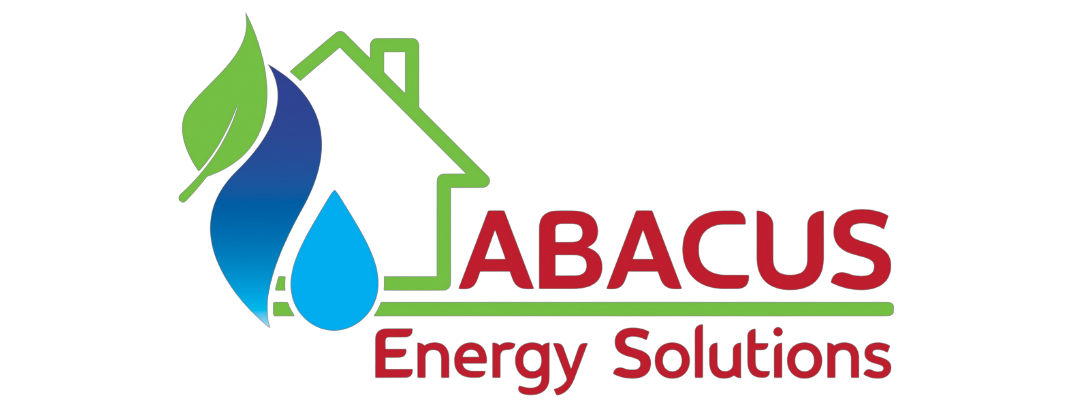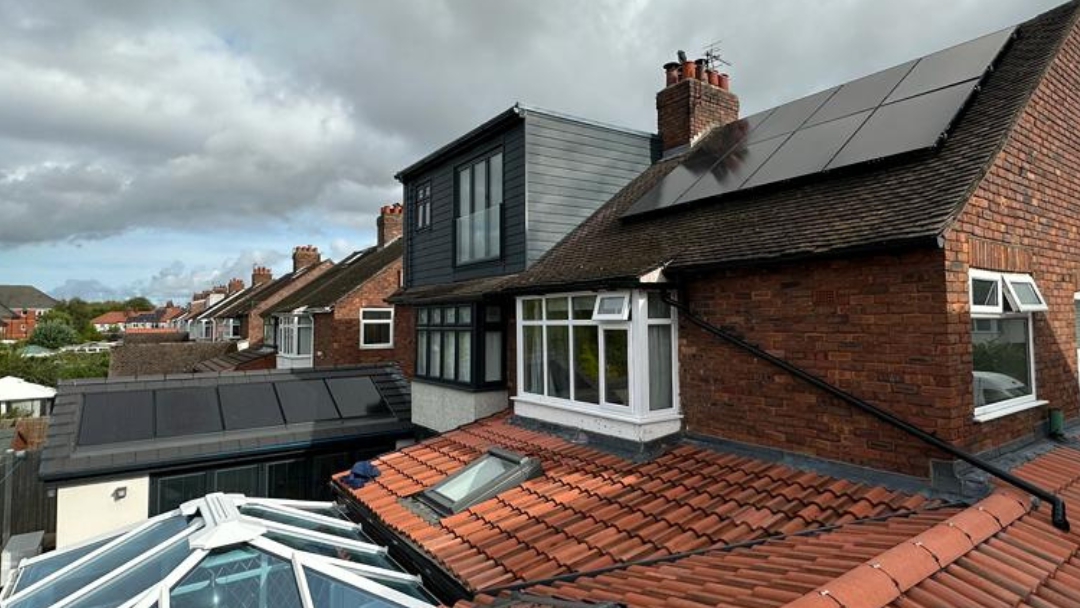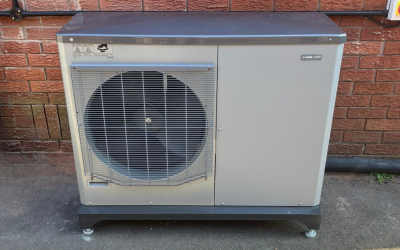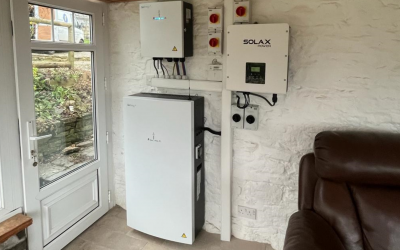Heat Pumps and Solar Panels: Powering the UK’s Path to Net Zero
The United Kingdom’s ambition to reach net-zero carbon emissions by 2050 has placed a spotlight on a variety of sustainable solutions. Among them, Heat Pumps and Solar Panels stand out for their efficiency, accessibility, and ability to redefine the way we produce and consume energy. This blog delves into how these technologies can expedite the UK’s journey towards a greener tomorrow.
Heat Pumps: Efficient and Renewable Heating Solutions
Heat pumps, which move heat from one place to another using minimal energy, offer a cleaner alternative to traditional heating systems that rely on fossil fuels.
- Lower Emissions: Traditional heating methods, like gas boilers, release carbon into the atmosphere. In contrast, Heat Pumps produce zero direct emissions.
- High Efficiency: Heat pumps can be up to four times more efficient than conventional boilers. This means households can get the same warmth by consuming a fraction of the energy.
- Integration with Renewable Energy: When paired with renewable energy sources like Solar Heat Pumps can operate on 100% green energy.
Solar Panels: Harnessing the Power of the Sun
Solar Panels, or photovoltaic cells, convert sunlight directly into electricity, providing a renewable source of power that can be used in homes and businesses.
- Decentralization of Energy: With Solar Panels, every building can potentially become its own power station, reducing the need for large centralized energy sources that often rely on fossil fuels.
- Reduced Carbon Footprint: Solar Panels produce electricity with zero carbon emissions. This not only reduces the UK’s greenhouse gas output but also lessens air pollution, which can have numerous health benefits.
- Economic Benefits: With the costs of solar installation continuing to decrease, households and businesses can see a return on investment sooner. As the grid becomes more saturated with solar energy, the cost of electricity for all consumers could potentially drop.
Complementing Each Other: The Power of Dual Integration

When Heat Pumps and Solar Panels are used together, they form a formidable duo in the fight against climate change:
- Self-Sufficiency: Solar Panels can generate electricity during the day, which can be used to power Heat Pumps. This combination can allow households to become largely self-sufficient, relying less on the national grid.
- Reduced Energy Bills: By harnessing free sunlight and efficiently converting it into heat, homeowners can witness a significant reduction in their monthly energy bills.
- Boosted Green Credentials: Combining Solar Panels with Heat Pumps can help the UK boost its renewable energy percentages, propelling it closer to the net-zero target.
The Bigger Picture
While individual actions, like installing Solar Panels or Heat Pumps, play a crucial role, systemic changes and support from the government and industries are equally important. Incentive programs, subsidies, and public awareness campaigns can accelerate the adoption of these technologies. The recent increase in the Boiler Upgrade Scheme (BUS) from £5,000 to £7,500 is a step in the right direction and is getting more people interested in Heat Pumps and making the decision to replace old gas boilers.
The UK’s path to net zero is a collective journey, and the integration of sustainable solutions like Heat Pumps and Solar Panels is a step in the right direction. Together, we can envision a future where our homes, offices, and public spaces are powered by clean, renewable energy, ensuring a healthier planet for generations to come.





